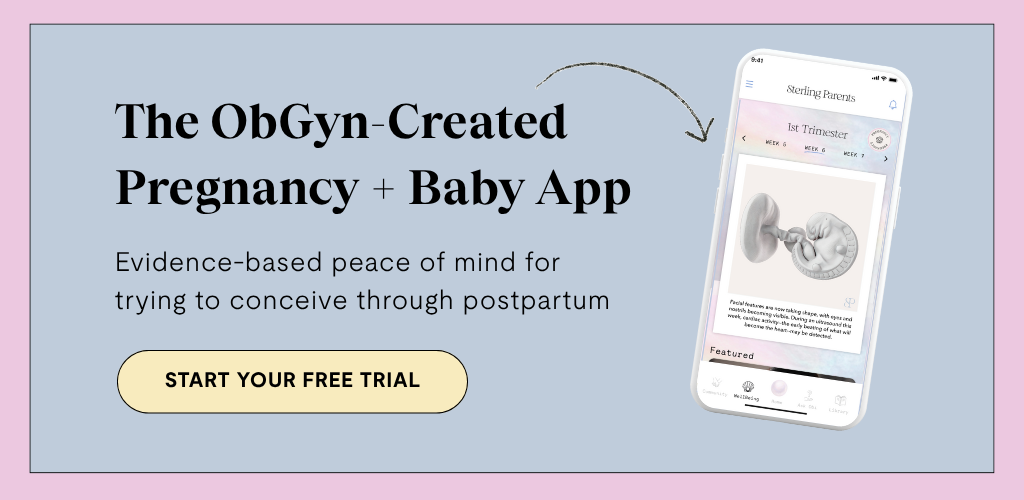
Loss
How Common Are Miscarriages? (More Common Than You Think)
The Truth About Miscarriage Rates
Miscarriages are far more common than most people realize – and the silence around them makes the experience even more isolating when it happens to you.
Here’s what the statistics actually show: around 10-31% of pregnancies end in miscarriage during the first trimester. Let that sink in. That means if you’re in a room with ten pregnant people, it’s likely that 1-3 of them will experience pregnancy loss.
Yet somehow, we still treat miscarriage as something rare or unusual. It’s not.
What Happens After a Heartbeat Is Detected?
One of the most common questions I get is: “Once we see a heartbeat, are we safe?”
Here’s the honest answer: once a heartbeat is detected, the chance of loss drops significantly – to less than 10%. This is reassuring, and it’s why many people wait until after that first ultrasound to share their pregnancy news.
But “less than 10%” isn’t zero. And that’s important to acknowledge, because some people do experience loss even after seeing a heartbeat, and they shouldn’t feel like they’re an exception to some guaranteed rule.

Miscarriage Rates Later in Pregnancy
In the second and third trimesters, miscarriage rates drop even further – to less than 1%. By the time you reach the second trimester, the vast majority of pregnancies continue successfully to delivery.
But again, less than 1% isn’t zero. And if you’re in that small percentage, statistics don’t provide much comfort.
Why Do Miscarriages Happen?
Most early pregnancy losses happen due to chromosomal abnormalities that prevent the embryo from developing properly. This is nature’s way of managing a pregnancy that wasn’t viable from the start.
Here’s what I need you to understand: this is not your fault.
You didn’t cause this by:
- Exercising
- Having sex
- Working too hard
- Being stressed
- Drinking coffee
- Any of the thousand things you’re probably blaming yourself for
Chromosomal abnormalities are random events. They’re not caused by anything you did or didn’t do.
What About Missed Miscarriages?
A missed miscarriage (also called a silent miscarriage) is when the embryo stops developing, but your body doesn’t recognize the loss right away. You might still have pregnancy symptoms, and you might not have any bleeding or cramping.
Missed miscarriages are less common after a heartbeat is detected – again, the risk drops to less than 10% once that heartbeat is visible on ultrasound.
Signs That May Indicate a Missed Miscarriage
Some common indicators include:
- Loss of pregnancy symptoms: A sudden decrease in symptoms like nausea or breast tenderness
- Lack of fetal movement: If movement was previously detected and suddenly stops (this applies to later pregnancies)
- Bleeding: Light spotting can be normal, but heavier bleeding may indicate a problem
- Cramping: Mild cramping can happen in healthy pregnancies, but severe cramping or pain may be a red flag
Important caveat: not all of these symptoms guarantee a missed miscarriage. Many people experience similar symptoms without any complications. But if you’re concerned, reach out to your healthcare provider for evaluation.
You’re Not Alone
If you’re reading this because you’ve experienced a miscarriage, I want you to know: you’re not alone. This is a shared experience for so many people, even though we don’t talk about it enough.
The grief is real. The loss is real. And you deserve support as you navigate this.
Finding Support After Pregnancy Loss
Sterling Parents is the only pregnancy and postpartum app with a dedicated community and education specifically for pregnancy loss support. Whether you’re trying to conceive after loss, navigating the emotional aftermath, or need evidence-based information about what happens next, we’re here for you.
Inside the app, you’ll find:
- A supportive community of women who understand what you’re going through
- Evidence-based information about miscarriage and pregnancy loss
- Resources for emotional support and healing
- Guidance on trying to conceive after loss
Download your free 7-day trial at sterlingparents.com. Because navigating pregnancy loss shouldn’t feel this isolating.


